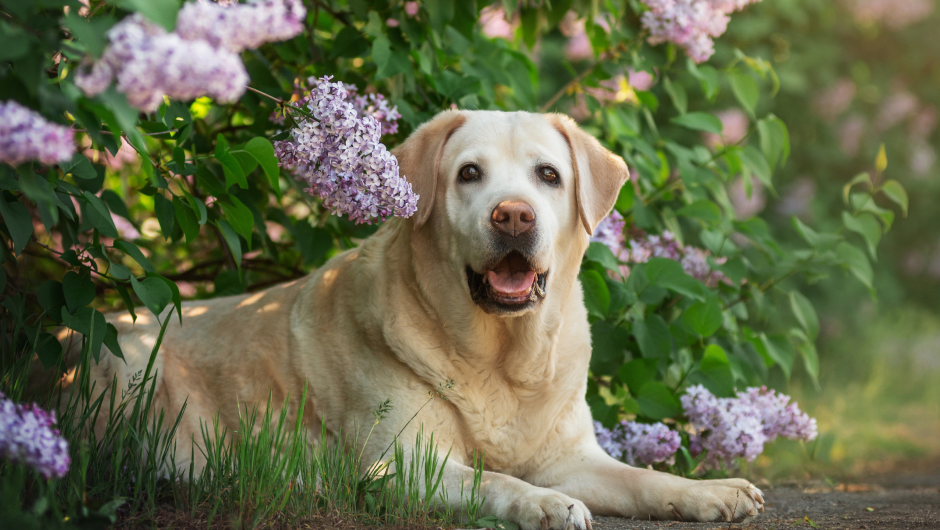Aging is a natural part of life’s process, and our precious pets aren’t exempt.
Though they may seem very much like the same pup to you, there are bound to be changes to your dog’s health and overall daily movement. This is why it’s important to take the necessary steps to ensure the proper senior pet care for your dogs. Here are 5 helpful tips for you to consider.
- Be mindful of your dog’s diet.
As your dog ages, they often have issues with food. Whether it’s digestion, or simply chewing it, inevitably there will be food-related problems. What’s most important is that you pay close attention to your dog’s diet. You don’t want your dog to become obese or unhealthy overall. If you need assistance with making modifications to your dog’s diet, contact our office because it’s a significant component of senior pet care. Dietary changes may be necessary to include more fiber. We may also recommend supplements if your dog has signs of joint pain.
- Dental hygiene is important.
We can’t stress the vital role that dental health plays when you’re establishing a senior pet care plan for your mature dog. Regular brushing and professional cleaning can prevent painful dental disease and decay. It will also avert chewing problems that we referenced earlier. If brushing your dog’s teeth isn’t an option, give him dental treats or toys in its place.
- Visit your vet consistently and often.
Senior pet care involves regular visits to our office. You should be bringing your dog into our office at least twice a year. These can be routine check-ups, but it should also involve blood testing. Just as with humans, there is a major benefit to staying informed and on top of any health issues or changes. Your dog is no exception. Keep in mind that most breeds have specific ailments and predispositions that can include arthritis, hip dysplasia, cancer, and diabetes. Early detection can help catch them before they become major problems.
- Keep your dog’s body and mind active.
Older dogs experience pain and discomfort, much like humans. To combat this, keep your dog well exercised (to the extent that they can). Short walks help tremendously with senior pet care. You also want to provide your dog with mental stimulation. Invest in some toys that will keep him on his toes, like food puzzles. They are excellent and rewarding, as well.
- Senior-proof your home.
Remember in the beginning when you got your pup and diligently puppy proofed your home? Well, now is the time to do the same for your aging dog. In this case, however, you will be making his surroundings more comfortable. For example, purchasing a special ramp or stairs for him to climb onto the bed or sofa is a perfect way to “senior-proof” your home! Keep water and food in areas that are easily accessible. Heated beds will soothe joint pain, especially if you live in a colder climate. Lastly, non-slip surfaces will prevent falls and help your aging dog with maintaining traction.

